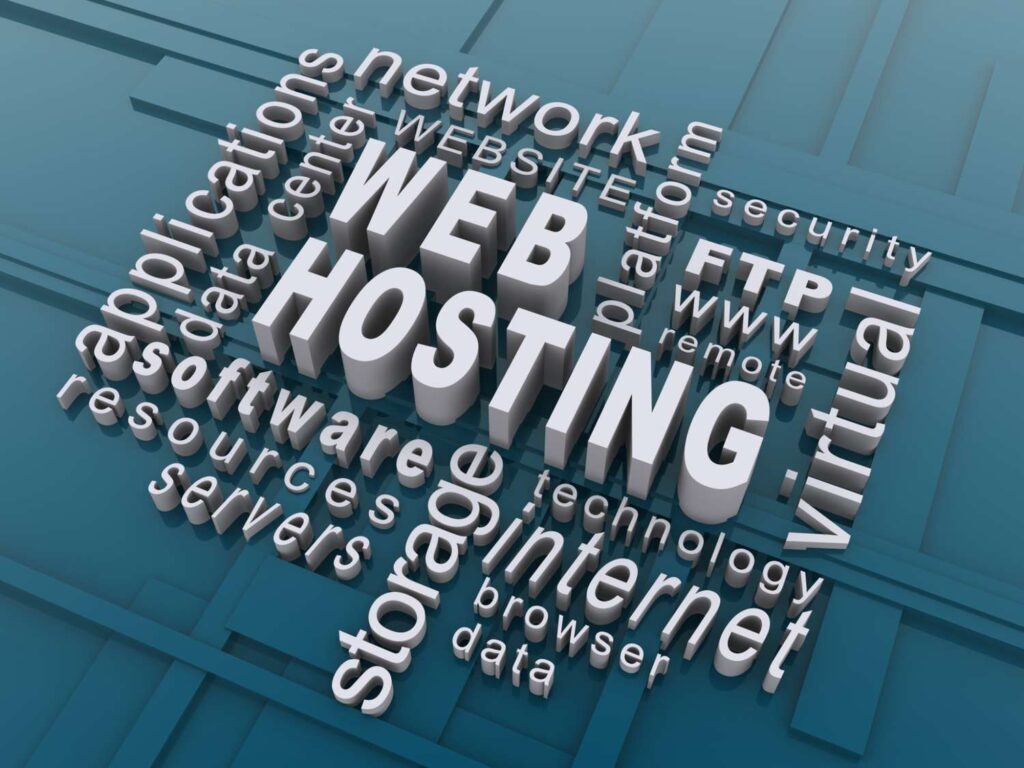Most of us know broadband as the ‘internet’. We understand that we have wires coming into our house connected to a box that magically gives us an internet connection. But what actually is broadband and how does it work?
What is Broadband?
If you’re old enough, you will remember something called ‘dial-up’. Dial-up describes the use of a phone line inserted directly into the computer to provide an internet connection. This old method was incredibly slow and has thankfully vanished thanks to the introduction of broadband.
Essentially, broadband is high-speed internet access that is always on and ready to use. Where dial-up uses narrowband connections, broadband uses a wide or broad bandwidth data transmission which is capable of transporting many signals at the same time.
How Does Broadband Work?
While this may not be the most interesting subject, understanding what broadband actually is and how it works could save your day if something should go wrong with your internet connection, as it often does.
Broadband lines enter your house via what is known as a ‘fixed line’. Most of these lines in the UK are provided and operated by Virgin Media Broadband or BT Openreach. The wires that are used are either copper (ADSL) or fibre optic. These cables go from your home to the green cabinets you may have seen on your street which send signals to the ISP’s local exchange, providing you with an internet connection.
Virgin Media Broadband and BT Openreach are two of the biggest internet service providers (ISP) in the UK. They provide the actual internet and equipment to get your home up and running with a broadband connection. Other service providers can rent this line too, that’s why there are many providers in the UK aside from Virgin Media Broadband and BT. Other service providers include Plusnet, NOW TV, Sky, TalkTalk and Vodafone.
How Do I Get Broadband?
The first thing to do is to figure out who provides the existing internet to your home. Usually, this information will be shown on the broadband socket on your wall. If Virgin Media Broadband provides your internet, you may be inclined to pay them directly for internet access. It should be noted that this does not always result in a faster internet connection.
Next, do your research. With so many internet service providers out there offering lots of packages each, it will take you some time to land on the one that is right for you. To make things more confusing, a lot of them offer packages that include TV and calls. The best thing to do is to visit a comparison website to view the best deals for you and to see who provides the fastest internet in your area.
Once you have decided on an internet service provider and a package deal, a top tip is to phone them to purchase said package. Speaking to them in person often results in a discount!
Once you have passed the necessary checks and paid the deposit they will arrange for an engineer to visit your property with a broadband router to set up your internet connection. In the UK, you will often have to wait up to two weeks for your internet connection to become active.
Now you understand what broadband is and how it works! It might be best to keep this information to yourself, however, as your friends, family, neighbours and neighbours will now come to YOU with any small broadband problem.
It really is as simple as a pre-existing cable coming into your home that sends signals to the ISP’s local network connection. If you are deciding on a provider it is best to take your time and do your research. Take into account customer service, network speeds and added extras. For an average household, an average connection speed of 35mbps+ should suffice, but the more people using the connection, the faster you will want it to be.



